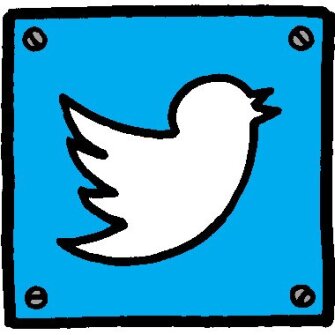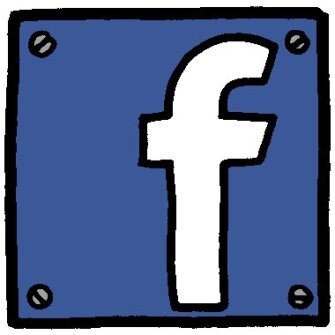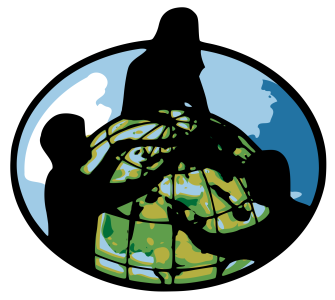When the sponsored Tweet for the new TV Land show, “Teachers,” popped up in my feed, I was hopeful. I had often thought a show about educators would be good: the diverse stories and perspectives our students bring into classrooms can collide with our own beliefs in ways that are often surprisingly and honestly funny. I hoped that, maybe, “Teachers” would be that show.
It was not.
Please, don’t misunderstand me: I appreciate satire. I like humor. I find the (mis)adventures of being a teacher while also trying to maintain an outside life very amusing. I can appreciate a mirror to laugh at myself in.
The thing is... it needs to actually be funny. Good satirical humor should be rooted in truth, and sadly “Teachers” doesn’t seek the humorous truth from the actual experience of educators. Instead, it plays to the lazy stereotypes about the teaching profession that have been spun up and served to the public for decades—a cheap, quick laugh at a world few actually understand. It’s not fresh or funny when you play the same tired tropes about our paychecks or apparent lack of self-esteem seen in nearly every portrayal of the teacher’s lounge.
Unfortunately, I’ve rarely seen Hollywood do a story about educators well. They range from savior-saccharine (see: Freedom Writers) to downright offensive (see: Bad Teacher). They are also often very, very white.
Which, perhaps, isn’t surprising given that the majority of teachers are white women, according to the New York Times, a number that stands in stark contrast to growing populations of students who are Black, Latino, and Asian-American-Pacific-Islander. I guess I shouldn’t have been surprised, then, when the trailers showed me a group of white women playing one hackneyed, crass stereotype after another (the live blog that EdWeek did of the show confirmed this about the most recent episode).
Still, I want more. I want Hollywood to do better by teachers, especially teachers of color. There was the opportunity to grow and include more diverse voices and either push against a white-washed teaching profession or even comment on the diversity disparity between teachers and the communities they serve. Instead of facing some truths about education, the show sticks with only its already established, all-white comedy troupe beginnings.
The main source of diversity in the show are the students. Even then, the kids act as little more than set dressing for the teachers’ shenanigans—suppliers of snacks to be stolen or the reactionary wink to the audience.
I thought a TV show about teachers would be interesting not because the nitty-gritty, day-to-day operations of a school are particularly fascinating (plenty of shows have done workplace comedy much better). It’s because, in addition to that, we have students around us and on our minds. My daily life as a teacher is interesting because of the wonderful, sometimes heart-warming, often hilarious and incredibly diverse perspectives my students bring to my life every day.
So, for a show that is already running on “lol naughty teacher” jokes, seeing a lack of diversity in its cast and stories, including students, acts as a final twist of the knife. Students of color aren’t here to be props on your television shows, conveniently placed so that an episode looks like it’s set in 2016 and not an era when these jokes weren’t tired.
Here’s the thing: representation matters. Our students are demanding that we represent people who look like them in the media because we know it affects students’ perceptions of themselves. As Viola Davis’s noted in her powerful Emmy acceptance speech, what stands in the way of that representation is the opportunity to tell diverse stories.
Hollywood likely does not think that its job is to portray the teaching profession in an honest, nuanced light. I get that, but as a teacher of color, I will continue to push back on media that doesn’t just distort the teaching profession, but erases the voices of teachers, students, and communities of color completely out of the picture. “Teachers” gives no space for diverse, original perspectives about schools or the type of people that can or should work in them. The show perpetuates the same tired stereotype that teaching is a profession only for power-and-attention-hungry white women.
Hollywood can and must do better. The success of television shows like “Black-ish,” “Fresh Off the Boat,” and “Jane the Virgin,” or the Broadway musical Hamilton have shown us that American audiences are not just willing, but eager to see stories on TV that reflect our reality and tell the stories of our lives. “Teachers” ignores the fact that for an increasing number of Americans, that is not a story full of white leads (with the occasional, Asian-American tattle-tale thrown in for a laugh). The American education system serves an increasingly diverse world, and the longer “Teachers” ignores that truth, the less relevant it will continue to be to most viewers.
Instead of being the mirror I could see (and laugh at) myself in, “Teachers” served as a backward-facing window into the increasingly outdated, white-washed world that both the teaching profession and Hollywood inhabit. I am eager to leave turn away and leave that world behind.
Image via The Katydids


